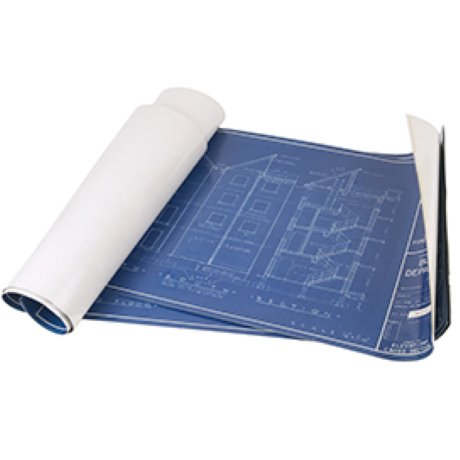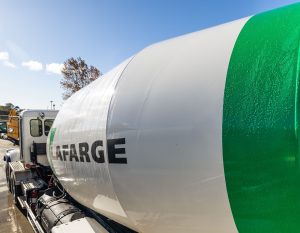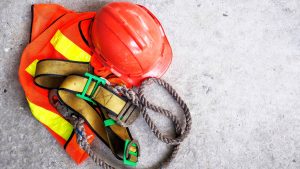The Alberta Ready-Mixed Concrete Association has just unveiled its new epithet: Concrete Alberta. And with that new name comes a new direction for the association, which represents more than 90 per cent of the ready-mixed concrete industry in Alberta.
"The association made a decision to get more involved in advocacy and the public policy side of things," explains Concrete Alberta’s executive director Robin Bobocel. The name change — introduced at the organization’s annual general meeting (AGM) in May — is part of that move to become more public facing.
"Our mandate has not changed, we still represent the ready-mixed concrete industry in Alberta, but when lay people talk about concrete, they always think of it as the trucks that roll around town, not the precast sector. If we’re going to deal more with consumers and the government, we take away unneeded complexity by calling ourselves Concrete Alberta," Bobocel adds.
Besides the change in moniker, other highlights of this year’s AGM included roundtable discussions that took place regarding residential driveways.
"This has been an ongoing issue with the ready-mix industry for a number of years," says Bobocel, adding it was a first for the various stakeholders, including homebuilders and new-home warranty providers, to come together to discuss possible solutions. "At issue is the reputational fallout for the ready-mix concrete industry when a residential driveway starts random cracking, scaling or spalling (pitting) within a short time of it being installed."
Bobocel explains such problems are more prevalent in the residential building sector, which does not have the same quality-control measures as the commercial sector.
Bobocel says this concrete failure in newly-placed residential driveways is largely due to improper placing, finishing and curing procedures.
"Homebuilders have made it clear that it’s not a concrete issue. My members produce and deliver concrete to a variety of customers, but our responsibility ends at the end of the chute," says Bobocel, adding the job of placing and finishing the concrete into its finished form is the responsibility of concrete placers and finishers. It’s during this stage of the process where Bobocel says problems can occur.
"The result, however, is a bad image for our industry as everyone sees the ready-mixed trucks rolling around and that’s who gets blamed," Bobocel explains.
It costs the ready-mixed and homebuilding industries "several millions of dollars each year" to re-do and repair these cracking, scaling and spalling driveways.
"This is a big numbers issue…It’s a significant impetus to address this problem," Bobocel adds.
During the roundtable sessions a facilitator guided the industry partners through "frank" discussions about the challenges and possible solutions. Concrete Alberta is now awaiting the formal report that came out of the meeting.
The next step for Concrete Alberta involves working with new-home warranty providers, homebuilders, and placers and finishers to start implementing recommendations.
"Hopefully, we’ll have some solutions in place by next construction season," says Bobocel, noting that one answer may involve homebuilders employing only certified placers and finishers.
Bobocel says Concrete Alberta is the first concrete association to address the issue with residential driveways, an issue which also affects other jurisdictions to varying degrees.
"Because of the climatic conditions, and the use of de-icing chemicals by both the municipalities and consumers, the biggest challenges are felt in Alberta, then across the rest of the prairies," Bobocel adds.











Recent Comments
comments for this post are closed